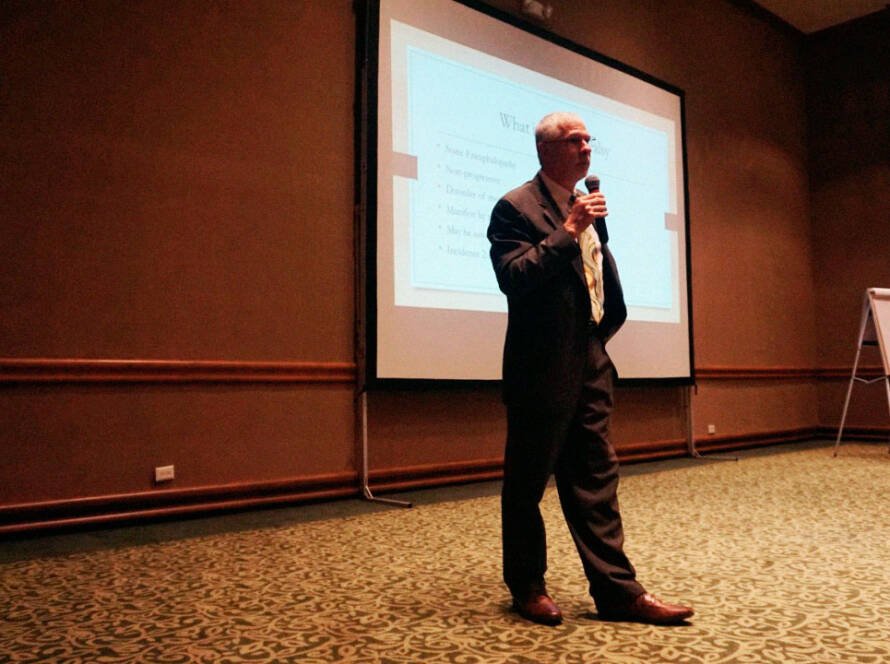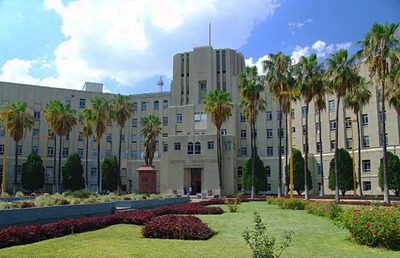An investigation by the University of California, San Diego, has concluded that the diagnosis of autistic spectrum disorder (ASD) at 14 months of age of the child can be considered consistent and valid.
This research published in the journal JAMA Pediatrics is based on the idea that ASD originates in the fetal stage, towards the first or second trimester of pregnancy, and that the first symptoms appear in the first year of the child’s life, as respond to your name or not interact.
To perform the study, 1,269 children who received their first diagnostic evaluation between 12 and 36 months of age were analyzed. 441 presented ASD and 828 did not, and some of these showed other disorders, such as language delay and developmental delay.The diagnostic consistency of ASD was 0.84% higher than in other groups.
Only 2% of children who were diagnosed with this disorder later found that they did not actually have it. On the other hand, 24% of the children who did not appear to have ASD at the first tests, later found that they did.
According to the researchers, with these data it can be concluded that the diagnosis of ASD is very safe and reliable from 14 months of age, even more than other problems such as the delay in development.
The first years of life, (crucial in brain development), the authors of the study point out that early diagnosis of ASD allows a better evolution of the affected, but the reality is that it often takes years to detect this disorder.
For researchers that delay is a missed opportunity, especially if we consider the important brain development that occurs in the first years of a child’s life, since from birth and up to two years, for example, in your brain duplicates the neuronal connections in the prefrontal and temporal cortex, which are zones associated with social behavior. According to Karen Pierce, professor of Neuroscience and co-director of the Autism Center of Excellence at the University of California and director of the study, if children with ASD received an early treatment during that period of rapid brain growth, the results obtained would be much better.


